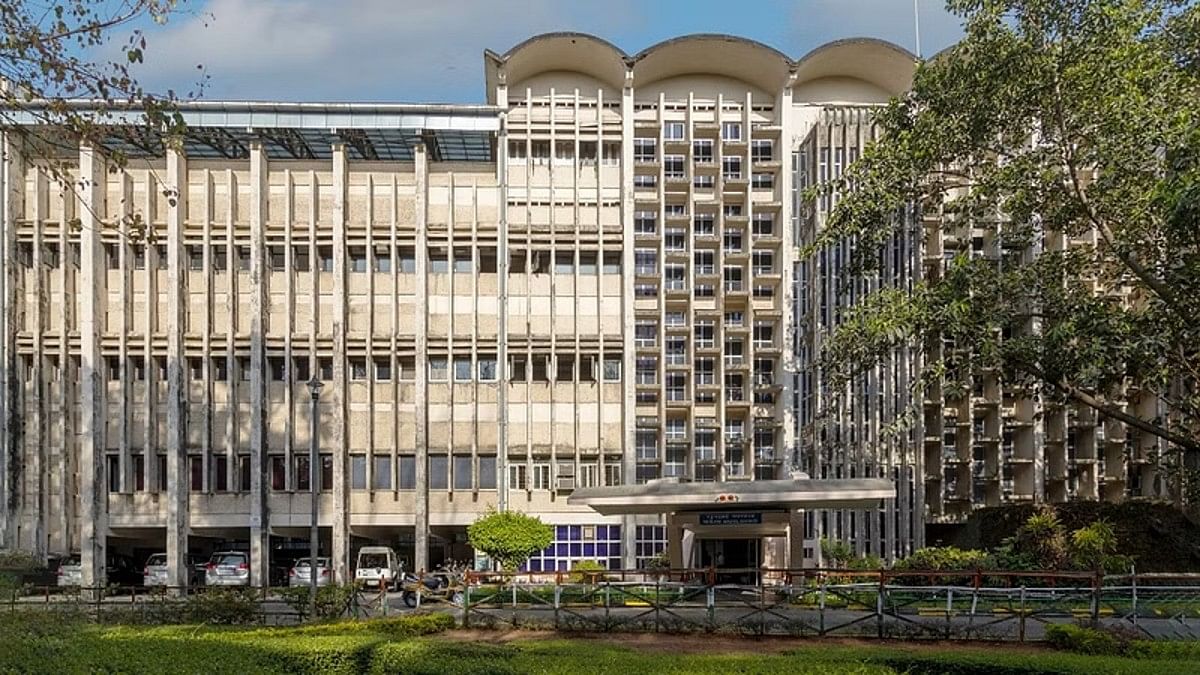New Delhi: The Indian Institute of Technology Bombay continues to be the premier choice for engineering aspirants, with 47 of the top 50 candidates from this year’s Joint Entrance Examination (JEE-Advanced) choosing to take admission in the institute, showed a report released Tuesday.
The Joint Implementation Committee (JIC) report was released by the Joint implementation board comprising members from all IITs. The JEE-Advanced 2024 exam was conducted by IIT-Madras for undergraduate admissions to 23 IITs on 26 May. This year, 1,80,200 candidates had appeared for JEE-Advanced, and of these, 48,248 qualified for counseling. In the end, 17,695 seats across IITs were allotted to the candidates.
Computer science continues to be the most popular course.
The enrolment of female students in IITs has remained under 20 percent this year, a trend that has continued over the years, according to the JIC report.
IIT-Bombay toppers’ No.1 choice
According to the JIC report, all top 10 candidates selected IIT-Bombay for admission. Among the top 100, 72 candidates selected IIT-Bombay, and from the top 500, 179 candidates selected the institute.
Institute Director Shireesh Kedare expressed happiness over IIT-Bombay remaining the preferred destination for most of the top rankers in the JEE (Advanced) examination. “We welcome the students and congratulate them for having selected the best educational path, suited to their aspirations and goals,” he said in a statement. Last year, 46 of the top 50 candidates had taken admission in IIT-Bombay.
IIT-Delhi remained the second most preferred choice among toppers with 23 out of top 100 candidates, 50 of top 200, and 109 of top 500 selecting the institute this year.
Meanwhile, IIT-Madras emerged as the third most preferred destination with 30 in top 200 and 69 in top 500 candidates choosing to take admission in the institute.
99 of top 100 candidates select computer sciences
According to the data, 99 out of the top 100 candidates chose to take admission in computer science and engineering, with only one choosing electrical engineering. Last year, all top 100 candidates had opted for computer sciences.
A member of the Joint Seat Allocation Authority (JOSAA) India, which is responsible for allocating seats for admissions to 121 institutes, including 23 IITs, said that although more students are opting for core engineering courses over the years, the craze for computer science is still very much there.
“There has been a consistent trend of toppers choosing computer science over core engineering courses across technical institutes and not just IITs. It’s because there aren’t as many high paying jobs in core sectors as there are in computer sciences. However, there have been attempts to boost core engineering courses with AICTE (All India Council for Technical Education) recently launching a scholarship scheme for students pursuing core engineering courses to encourage more admissions,” the member told ThePrint.
Female enrolment continues to remain under 20%
The government introduced 20 percent supernumerary seats in IITs in 2019 with an aim to increase female representation, However, over the years, the enrolment of female students in IITs has remained under 20 percent, and this year as well.
“In 2024, 3,480 female-only seats (including female supernumerary) were allotted, and 15 female candidates got seats through the gender-neutral pool. The overall percentage of female candidates admitted to IITs in 2024 is 19.75% (sic),” the JIC report stated.
However, 11 of the 23 IITs have crossed the 20 percent female enrolment mark. These include IIT-Bombay (20.3 percent), IIT-Delhi (20.3 percent), IIT-Indore (20.7 percent), IIT-Hyderabad (20.1 percent), IIT-Kanpur (20.4 percent), and IIT-Madras (20.4 percent), and IIT-Gandhinagar (20.2 percent), among others.
Several IITs are making a conscious effort to increase female enrolments. For instance, IIT-Madras has reserved one out of the two sports quota seats in each course for female students.
A senior faculty member at IIT-Delhi, however, said that efforts need to be made to increase representation of women in schools in science courses. “Currently, there is an upward trend with more girls joining science courses. But more effort should be made. For example, we at IIT-Delhi run mentorship programmes for government school girls,” the faculty member said to ThePrint.
(Edited by Zinnia Ray Chaudhuri)
Also read: South Asian University is now pale shadow of itself. Blame geopolitics, protests & academic control

